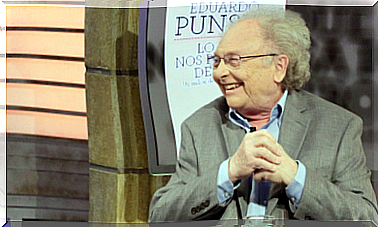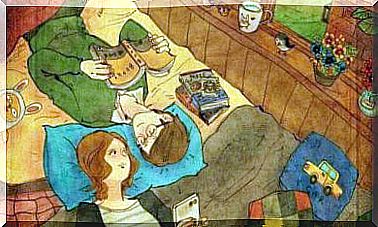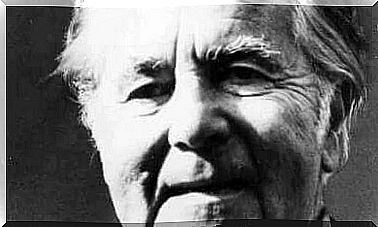Spinoza’s 5 Sentences Full Of Lucidity
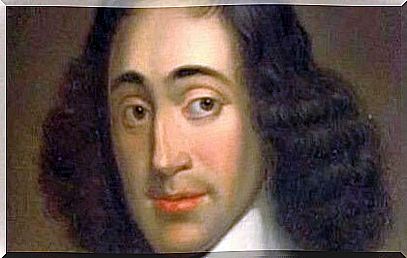
Spinoza’s sentences have a unique combination of simplicity and depth that only great intelligences produce. Many philosophers, such as Hegel and Schelling, considered him the father of modern thought. On the other hand, faced with these philosophers of such complex prose, their statements are transparent and understandable.
Baruch Spinoza was born in Amsterdam, Holland, in the year 1632. His Jewish family was persecuted for generations. We have references of your escapes to Spain, Portugal and France. Only in Holland did they find an atmosphere that allowed them to settle down and live in peace. Perhaps this explains why in Spinoza’s works and phrases the theme of religion occupies a central place.
The aim of this philosopher was not to propagate religious beliefs, but to question them. Therefore, he was expelled from Judaism. Several of his works were banned. After his death, it was his friends who published much of the material he had written. Many of Spinoza’s phrases have an impressive lucidity that we still admire today. These are some of them.
1. One of Spinoza’s phrases about repentance
One of Spinoza’s phrases about repentance goes like this: “I don’t regret anything. He who repents of what he has done is doubly miserable.” For the seventeenth century, this phrase was completely revolutionary: many of his contemporaries found it profane and offensive.
We must remember that one of the basic pillars of Christianity is repentance. Today we see this concept from a very secular perspective, but in Spinoza’s time to speak of repentance was almost blasphemous. Today, these words lead us to reflection. Let’s reflect: how much resentment and guilt do we walk?

2. Differences in thinking
Spinoza was a free thinker ahead of his time. His aim was not dogma, nor prejudice, nor unfounded beliefs. His liberal spirit gave his ideas a deep critical sense.
Thus, in one of his sentences, he states: “There is as much difference between heads as between tastes”. This little statement in favor of diversity of thought did not have much acceptance among his contemporaries. At that time, truths without exceptions and unique and powerful reasons were highly appreciated.
3. The origin of freedom
Spinoza states the following: “The most important activity that a human being can achieve is learning to understand, because to understand is to be free”. In this sentence, one of the reasons why this Dutch philosopher was considered one of the greatest rationalists of all time is explicit.
In this statement, freedom is given a very high value. Furthermore, it is emphasized that it is born from reason, from understanding. This is contrary to what prevailed in the culture of that time, when talking about freedom was suspect and rejecting religion almost an act of madness.
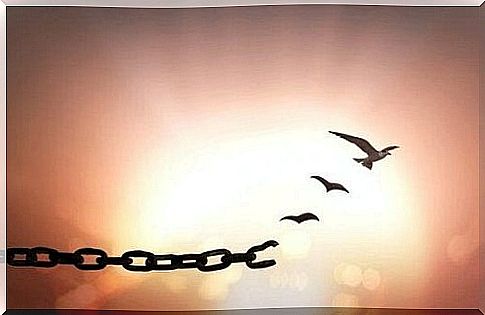
4. Desire and good
Spinoza established a before and an after, especially in the field of ethics. His quotes appear in works by Freud, Lacan and Foucault. His work so marked the Western spirit that much of what is postulated today is rooted in the ideas of this Dutch philosopher.
Another of his statements is: “We don’t want something because it’s good, but the opposite. We say something is good because we want it”. This is a keen observation of human nature. It talks about the subjective distortion that is produced from personal tendencies. In other words, from the emotion that, in many situations, imposes itself on thought.
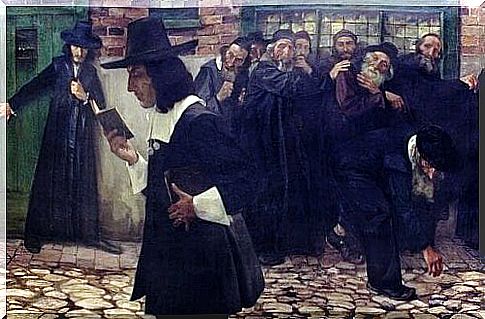
5. God and ignorance
Spinoza’s work was banned and kept in darkness for nearly a century because it dealt with God with a renewed vision, which was not very well received by the most powerful and dogmatic of the time. He managed to make a distinction between religion and reason, something that was not very well regarded by those who exercised religious power.
One of Spinoza’s phrases states: “Those who, when they ignore something, resort to the will of God, are totally mad: a ridiculous way, no doubt, of confessing their own ignorance”. Although he himself was a deeply religious man, in this sentence he speaks of the existence of other forces, many of them under our control, to shape the future.
Baruch Spinoza had to face great ideological pressures of his time. Even so, he never stopped thinking freely and analyzing everything independently. He died of tuberculosis at age 44. His only possessions were two beds, two tables, a lens-polishing kit, and 150 books.



